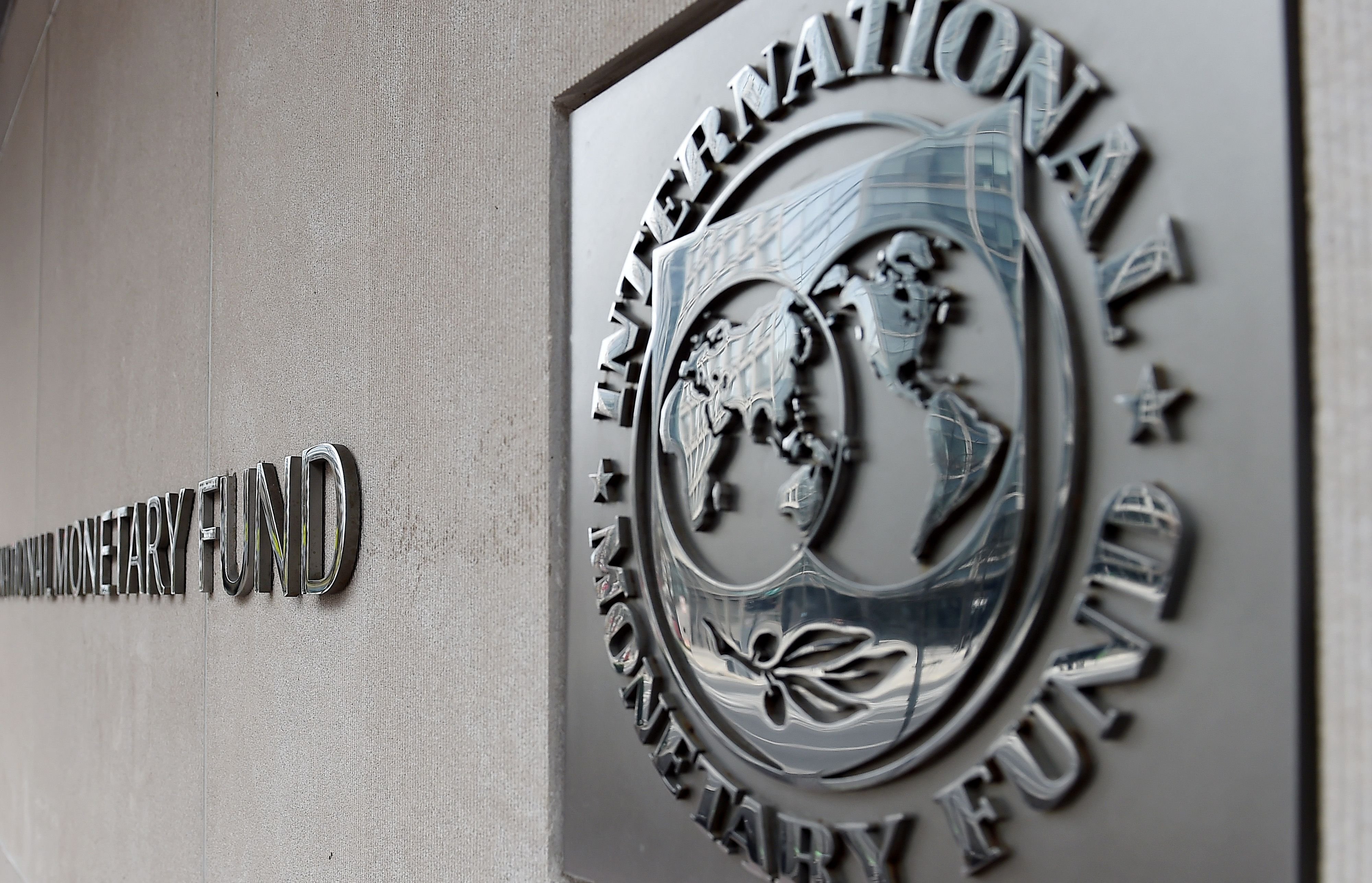The International Monetary Fund (IMF) recently approved Nigeria’s $3.4 billion emergency loan request to assist the country tackle the impact of the coronavirus (COVID-19). The loan, to be repaid within five years, is reportedly the largest credit facility given by the IMF to an African country to contain the pandemic. By every standard, this is a lifeline for Nigeria’s tottering economy, currently hit by crashing oil prices and coronavirus-induced lockdown. The $3.4billion loan is part of the $7.05billion (about N2.67trillion) loan application by the Federal Government from multilateral financial institutions. Others yet to be approved include $2.5billion from the World Bank, the $1billion from the African Development Bank (AfDB) and an undisclosed amount from the Islamic Development Bank.
Specifically, the IMF loan represents the total of Nigeria’s existing holding with the Fund, under the Rapid Financing Instrument, which offers funding without the strings of a full programme. It is believed that without the loan and others being anticipated, Nigeria’s economy could be in a serious negative territory, particularly with the near collapse of the price of crude oil in the international market. Crude oil makes up more than half of government revenues and about 90 per cent of exports. With crashing oil prices, it will be difficult to finance the 2020 budget, which has fiscal deficit of about N5trillion.
The IMF loan will help limit Nigeria’s current foreign reserves depletion. The Fund has also asked the Federal Government to adopt new borrowing limits, support balance of payments and put measures in place to prevent currency crisis. Nigeria’s balance of payment deficit for 2020 is estimated at around $9billion. The country’s current account deficit is quite huge, and experts are of the opinion that the IMF loan may not be enough to finance it completely. Although the loan may improve Nigeria’s forex exchange liquidity in the short-term, in the long-term, it may not be able to solve all the structural problems of the economy.
All the same, we urge for prudent management of the loan. This has become necessary because successive administrations in the country have been somewhat reckless in utilising loans. The misuse of such loans has often led to repayment problems. The situation can account for the rise in national debt stock put at over N27 trillion.
The IMF loan has come almost at the same time that the Senate approved the sum of N850billion for the Federal Government from the domestic capital market as requested by President Muhammadu Buhari. The N850billion was initially approved as external borrowing. But the conversion from external borrowing to domestic sources was to ensure that the implementation of the 2020 budget was not jeopardised by lack of funds. This is understandable because the conditions in the domestic capital market are said to be more favourable in terms of availability of funds and relatively low interest rates. Upon approval of the request, the DMO will soon issue Federal Government (FGN) securities in the domestic market to raise the N850billion. This is likely to provide investment opportunities for Nigerians.
We appreciate the massive injection of funds in critical sectors of the economy to stimulate growth. Government should also not lose sight of the fact that our exposure to debt has become very frightening. Therefore, there is need to judiciously use the loans in sectors that can ensure their easy repayment. This is time to drastically cut the cost of governance and retool the budget in line with prevailing realities.
In this period of the global deadly pandemic, the government can ill afford to mismanage any loan. Loans are not gifts. They are financial instruments that must be repaid. With oil prices still flattening in the global market, this is an opportunity to overhaul the economy and make it less dependent on oil revenue. Nigeria is in this big hole today because successive administrations had not heeded the warnings to diversify the economy and broaden the revenue base.
Secondly, governments, past and present, ignored key provisions of the Fiscal Responsibility Act which mandate the President to set consolidated limits for the three-tiers of government. Without doubt, the non-compliance with the provisions of the Fiscal Responsibility Act has often resulted in the abuse of the procedures for the demand and procurement of loans by the federal and state governments. It has also made it difficult for the Fiscal Responsibility Commission (FRC) to carry out its constitutional role in loan procurement. The coronavirus pandemic should serve as a wake-up call for a prudent management of our resources, including loans.

